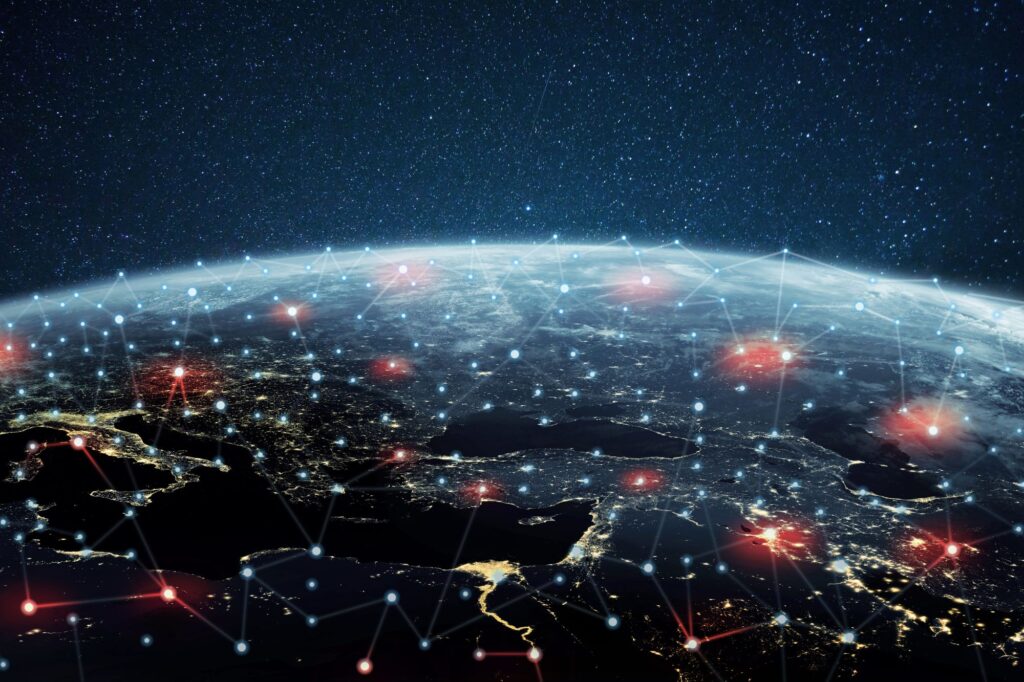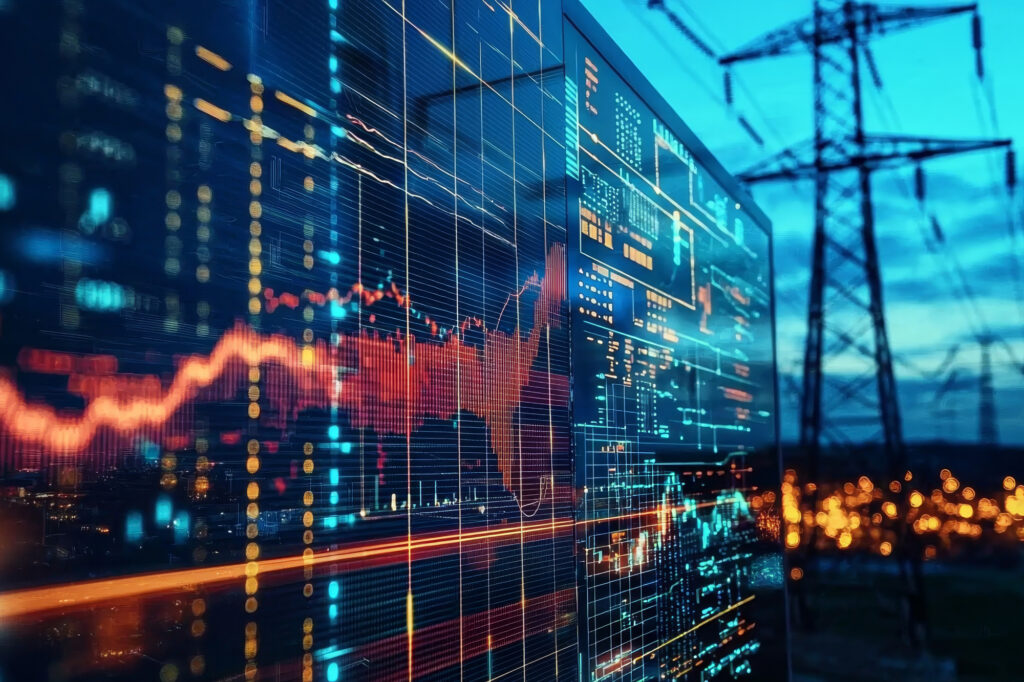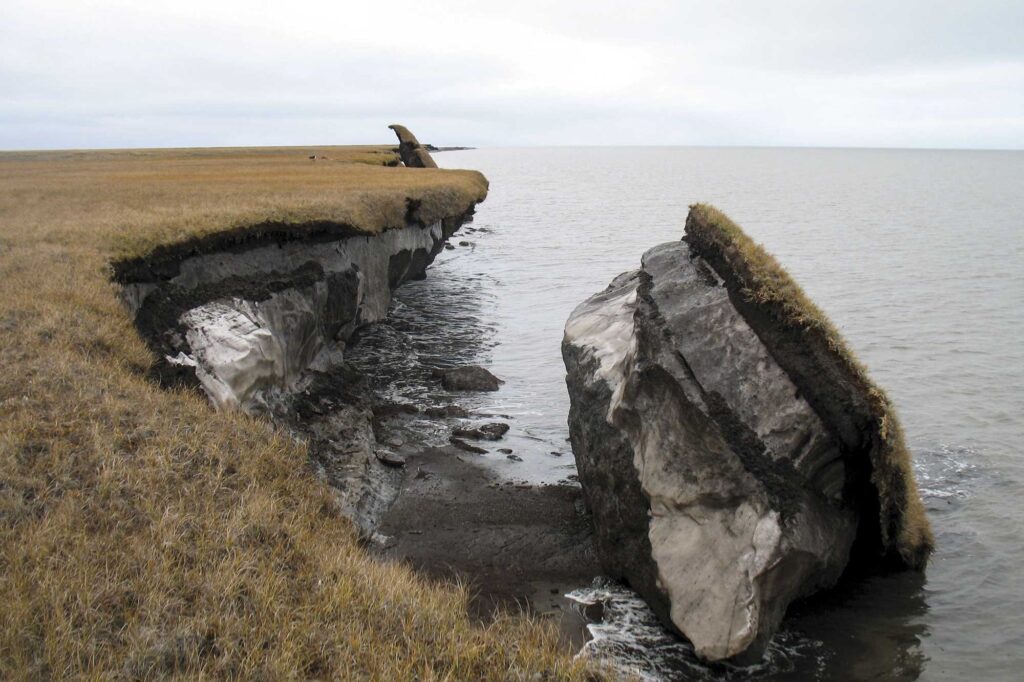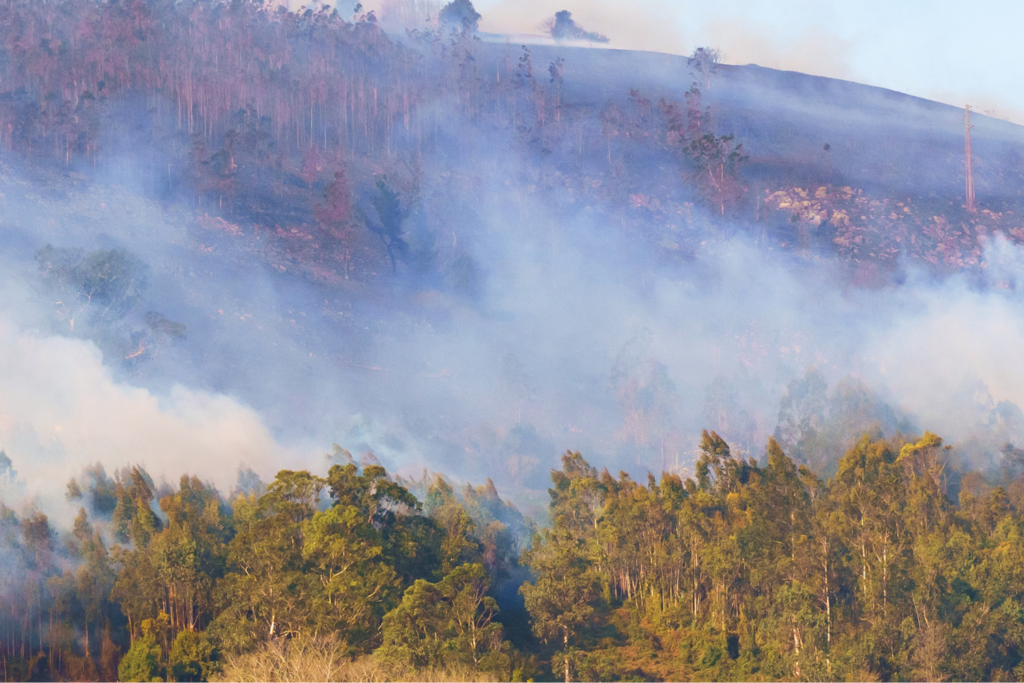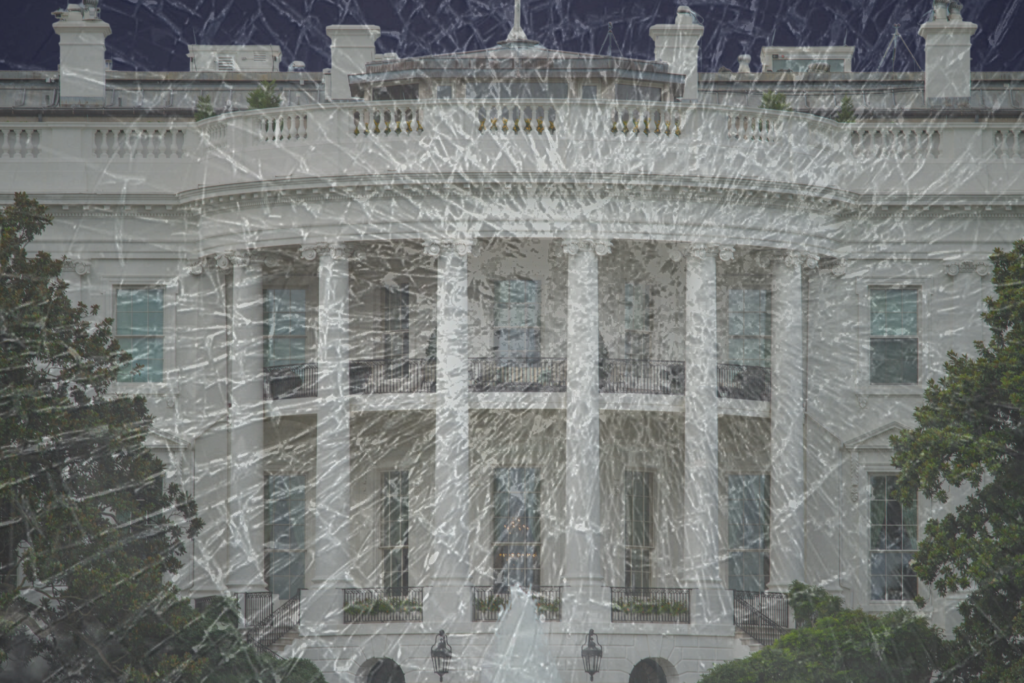REPORTS & TECHNICAL PAPERS
Global Systemic Stresses: Understanding the drivers of polycrisis
Polycrisis program
Michael Lawrence, Megan Shipman, and Chris Collins
A Global Risk Institute research report of the longer-term systemic stresses driving the polycrisis.The Deep Heat Advantage
Geothermal program
Gordon Brasnett, Megan Eyre, and Peter Massie
A techno-economic analysis of enhanced geothermal systems in western and northwestern CanadaProject AURORA
Geothermal Energy Office
Peter Massie
A proposal to create Project AURORA, a next-generation geothermal field laboratory in Resolute Bay, Nunavut.Pre-budget recommendations to accelerate the development of Canada’s geothermal industry
Geothermal Energy Office
CI-GEO staff
In response to the Government of Canada’s Fall pre-budget consultations, the Cascade Institute submitted three specific recommendations to accelerate the development of Canada’s geothermal industry.Protecting Permafrost: Addressing the climate threat of Arctic thaw
Permafrost carbon program
Ian Graham
A report assessing the climate threat of Arctic permafrost thaw, potential interventions to address it, and related policy recommendations.Artificial Intelligence and Energy Innovation: Submission to NRCAN
Geothermal Energy Office
CI-GEO staff
Applying AI to geothermal energy can unlock an abundant source of clean, secure, baseload electricity needed to power AI itself. This opens the door to a virtuous cycle akin to the steam engine and coal that sparked the industrial revolution.National Service to Support Community and National Security: A preliminary outline of components, implementation, and costs
Democracy program
David Last
A policy brief prepared for the Office of the Prime Minister for the development of a National Service initiative.Groundwork: Regulatory guidelines for making Canada a geothermal powerhouse
Ultradeep Geothermal program
Emily Smejkal, Princess Sharlynne Cosalan, Stephanie Rose Cortinovis
A report identifying best practices to help Canadian provinces establish effective geothermal regulations and make Canada a global clean energy leader.AOSTRA: A model for funding geothermal innovation
Ultradeep Geothermal program
Emily Smejkal, Peter Massie, Leighton Gall
A case study of the Alberta Oil Sands Technology and Research Authority (AOSTRA) as a model for kickstarting geothermal innovation.Defending Canada’s Democracy: A strategic framework
Democracy program
Cascade Institute fellows and staff
An analysis of the forces destabilizing Canada's democracy and a framework for building the country’s economic and social resilience.Prospecting for Superhot Rock Energy
Rebecca Pearce et al.
A technology gap analysis for siting and characterizing superhot rock energy resources.Entangled Climate Risks: Interactions between permafrost thaw and wildfires
Lina Madaj
An exploration of the relationship between wildfires, permafrost thaw, and permafrost carbon feedback in the context of accelerating climate change.Global polycrisis: The causal mechanisms of crisis entanglement
Michael Lawrence, Thomas Homer-Dixon, Scott Janzwood, Johan Rockström, Ortwin Renn, and Jonathan F. Donges
A peer-reviewed paper, published in Cambridge University Press's Global Sustainability journal, which defines the concept of global polycrisis and provides a theoretical framework to explain causal mechanisms currently entangling many of the world’s crises.Catastrophic Dehumanization: A formal model
Polycrisis program
Thomas Homer-Dixon
A formal model that seeks to explain the causal mechanisms of sudden dehumanization in situations of extreme conflict.Impact 2024: How Donald Trump’s reelection could amplify global inter-systemic risk
Thomas Homer-Dixon, Michael Lawrence, Megan Shipman, Luke Kemp
A technical paper assessing how a second Trump administration could supercharge global political, economic, geopolitical, environmental, and pandemic risks and how those risks could combine to exacerbate the global polycrisis.Drilling for Superhot Geothermal Energy: A technology gap analysis
Rebecca Pearce, Tony Pink
A report that reviews state-of-the-art deep geothermal drilling and well-construction technologies, identifies existing technology gaps, and suggests strategies to overcome these gaps.Ultradeep Geothermal Research and Action Roadmap
Leighton Gall, Dave Lovekin, Rebecca Pearce, Emily Smejkal
A roadmap outlining a plan to advance ultradeep geothermal power to commercial operation in Canada.Polycrisis Research and Action Roadmap
Michael Lawrence, Megan Shipman, Scott Janzwood, Constantin Arnscheidt, Jonathan Donges, Thomas Homer-Dixon, Christian Otto, Pia-Johanna Schweizer, Nico Wunderling
This report offers a concise yet comprehensive snapshot of the emerging field of polycrisis analysis, including gaps, opportunities, and potential priorities.Positive Pathways through Polycrisis
Michael Lawrence and Megan Shipman
A report exploring how polycrisis analysis can help us navigate through polycrisis and pursue "positive pathways" to better futures.Causal Loop Diagrams Handbook
A handbook explaining how to read and draw a causal loop diagram, a systems-mapping technique for thinking through our mental model of a system and communicating our knowledge to others.

